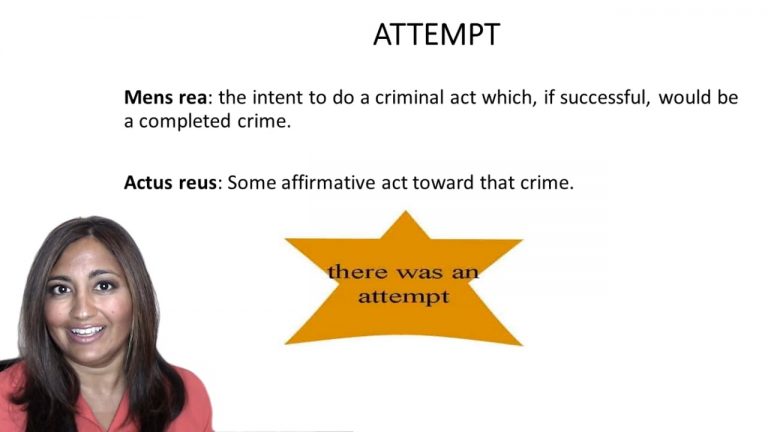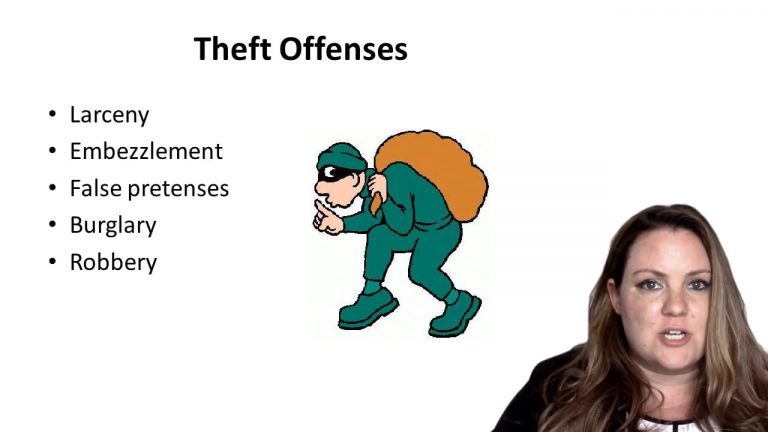SmartBrief
Confirm favorite deletion?
Criminal Law Keyed to Weaver
People v. Traster
Citation:
111 Cal. App. 4th 1377, 4 Cal. Rptr. 3d 680 (2003).Facts
The Defendant, Traster, owned a computer consulting business. He was hired by a law firm to be their computer administrator. His duties included converting the firm from an older word processing system to Windows and Microsoft Word and training the staff and attorneys on how to use the new programs.
Two years after he was hired, he met with the Stevens, the law firm’s administrator, and informed her that the firm was not in legal compliance because it did not have Microsoft licenses for all of its computers. The Defendant explained he did research on the internet and could obtain the required licenses at a large discount from Billpoint Company. The Defendant told Stevens the cost to acquire the licenses for all of the firms computers would be $37,290.94. Neither Stevens nor any of the other people supervising the Defendant had knowledge about computers. Stevens told the Defendant she would present the proposal to the firm’s partners. The Defendant filled out a purchase order showing the price for the required 65 licenses needed. A few weeks later, the partners gave their approval for the expenditure to acquire the licenses. The Defendant was given the firm’s credit card to buy the licenses from Billpoint Company, the company the Defendant named on the purchase order.
A few days later, the Defendant resigned from his position. Before he left, Stevens asked the Defendant if the licenses had been received and if so, where he had put them. The Defendant stated they were in a locked filing cabinet in a the paralegal office of the firm, which was a lie as no licenses for the firm had been obtained. Stevens could not find the licenses and reported this to one of the firm’s partners.
The next morning, the partner and Stevens called the Billpoint Company and discovered they were not a vendor of any product, not a software company, and did not sell software licenses. Instead, they discovered Billpoint was a credit card processing company for E-Bay and other online transactions, functioning only as a clearing house between buyers and sellers. The senior fraud investigator at Billpoint explained that the Defendant established a seller’s account with them in the name of his consulting firm at his residence address. He then charged two amounts totaling $37,290.94 to the law firm’s credit card to purchase some bundled software licenses from his consulting company. The transactions were posted to Billpoint and the law firm’s credit account was charged accordingly. The law firm’s partner canceled the transaction with Billpoint both verbally and in writing before the Defendant’s company could be credited.
The charge to the law firm’s credit card was reversed. However, due to this transaction, the law firm’s credit line was reduced by the amount for a month. The firm ultimately purchased the needed software licenses for an amount of $20,000. The Defendant was charged with and convicted of theft by false pretenses.
Only StudyBuddy Pro offers the complete Case Brief Anatomy*
Access the most important case brief elements for optimal case understanding.
*Case Brief Anatomy includes: Brief Prologue, Complete Case Brief, Brief Epilogue
- The Brief Prologue provides necessary case brief introductory information and includes:
Topic:
Identifies the topic of law and where this case fits within your course outline.Parties:
Identifies the cast of characters involved in the case.Procedural Posture & History:
Shares the case history with how lower courts have ruled on the matter.Case Key Terms, Acts, Doctrines, etc.:
A case specific Legal Term Dictionary.Case Doctrines, Acts, Statutes, Amendments and Treatises:
Identifies and Defines Legal Authority used in this case.
- The Case Brief is the complete case summarized and authored in the traditional Law School I.R.A.C. format. The Pro case brief includes:
Brief Facts:
A Synopsis of the Facts of the case.Rule of Law:
Identifies the Legal Principle the Court used in deciding the case.Facts:
What are the factual circumstances that gave rise to the civil or criminal case? What is the relationship of the Parties that are involved in the case.Issue(s):
Lists the Questions of Law that are raised by the Facts of the case.Holding:
Shares the Court's answer to the legal questions raised in the issue.Concurring / Dissenting Opinions:
Includes valuable concurring or dissenting opinions and their key points.Reasoning and Analysis:
Identifies the chain of argument(s) which led the judges to rule as they did.
- The Brief Prologue closes the case brief with important forward-looking discussion and includes:
Policy:
Identifies the Policy if any that has been established by the case.Court Direction:
Shares where the Court went from here for this case.
Topic Resources
Topic Videos
 14m 44s
14m 44s 6m 55s
6m 55s 9m 29s
9m 29s 7m 17s
7m 17s
